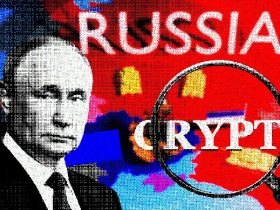South Korea’s crypto association asserts that local trading platforms are unlikely to conduct “mass delistings” even as they re-review 1,333 tokens over the next six months.
South Korean crypto exchanges are set to re-evaluate over 1,000 tokens they listed earlier following the implementation of the Virtual Asset User Protection Act, which seeks to “protect the rights and interests” of crypto investors.
In a Jul. 2 statement, the Digital Asset Exchange Alliance (DAEX), a trade union representing five Korean crypto exchanges, announced that starting Jul. 19, around 20 domestic crypto exchanges will undergo a six-month review period of 1,333 tokens in response to recommendations recently proposed by South Korean authorities.
Addressing potential market changes, the alliance emphasized that major domestic crypto exchanges have already implemented key monitoring criteria, making mass delistings unlikely.
“While some assets have been delisted accordingly, the re-evaluation of approximately 1,333 assets over six months reduces the likelihood of mass delistings.”
The Digital Asset Exchange Alliance
You might also like: South Korean retail giants withdraw from NFT sector amid market slowdown
At the same time, the alliance noted that only disqualification criteria will be disclosed, saying that other contents “will not be made public to prevent misuse in the market.” As crypto.news reported earlier, the new regulations will apply to nearly three dozen registered crypto exchanges, including Upbit, Bithumb, Coinone, Korbit, and Gopax, which will conduct initial reviews to determine whether to maintain or delist each token.
Under the new regulatory framework, crypto exchanges must establish a review committee to evaluate various factors such as the reliability of the issuing entity, user protection measures, technology and security standards, as well as regulatory compliance.
Tokens issued by decentralized autonomous organizations (DAOs) may not meet standard requirements, while tokens that have been traded normally for over two years in regulated markets such as the U.S., U.K., France, Germany, Japan, Hong Kong, Singapore, India, and Australia will be subject to a less strict review process. Additionally, crypto exchanges will be banned from accepting any payments in return for listing a token.
Read more: South Korea’s Ministry of Justice forms task force to damper crypto crimes







Leave a Reply